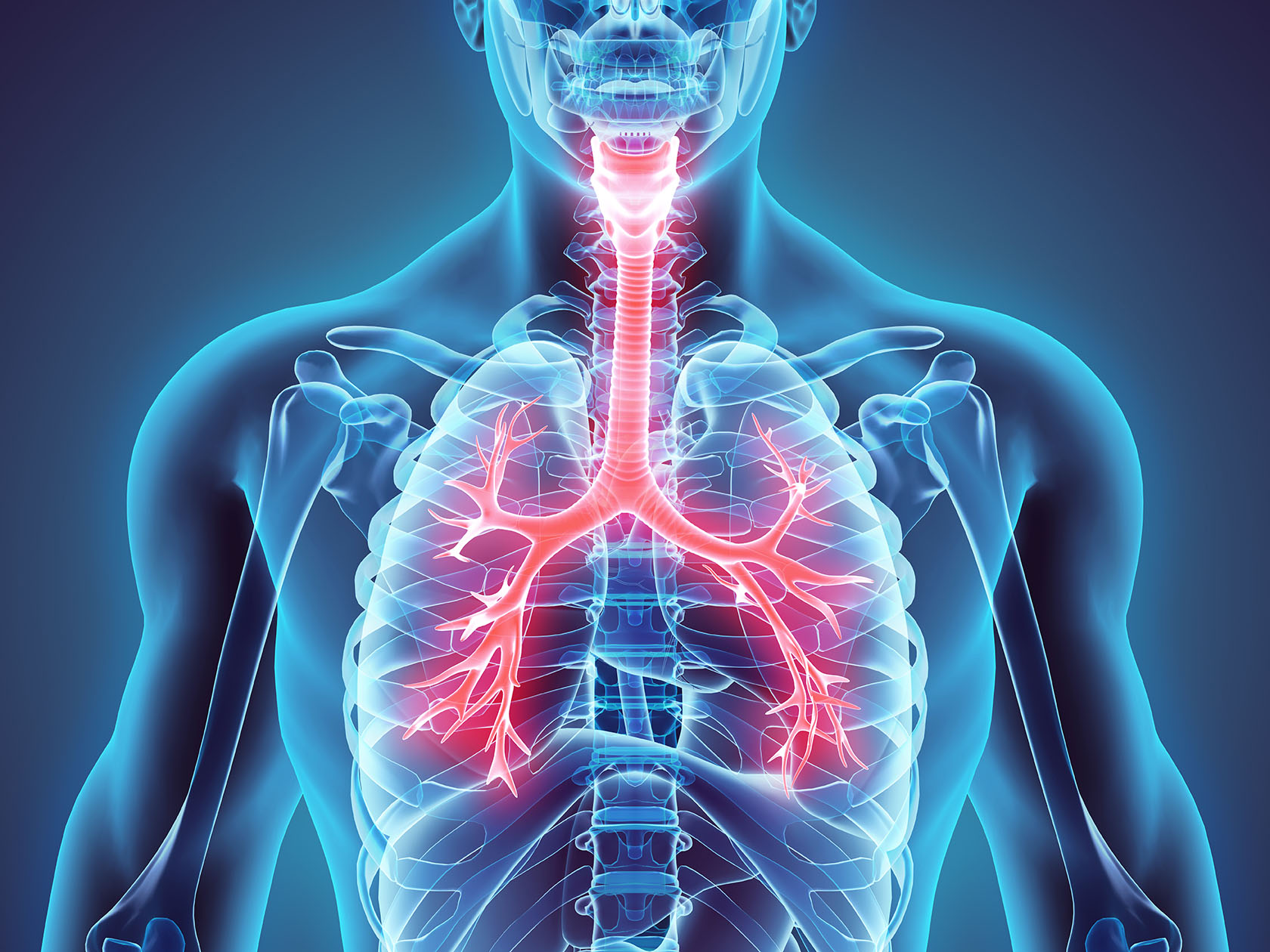
physiology
Definition
Physiology is the study of how living things work. It is the science of how the body's systems work together to keep us alive and healthy.
Here are some examples of physiological processes:
- Breathing: The process of taking in oxygen and releasing carbon dioxide.
- Digestion: The process of breaking down food into nutrients that the body can use.
- Circulation: The process of moving blood throughout the body.
- Excretion: The process of removing waste products from the body.
- Reproduction: The process of creating new living organisms.
How can the word be used?
Physiology is the study of the functions of living organisms.

Different forms of the word
Noun:
- physiology (the scientific study of the functions of living organisms).
- physiologist (a person who studies physiology).
Adjective:
- physiological (of or relating to physiology).
Etymology
The word "physiology" comes from the Greek words "physio" (meaning "nature") and "logos" (meaning "study").
The word "physiology" was first used in English in the 17th century. It was used to refer to the study of the functions of living organisms.
The root of the word "physiology" is the Greek word "phusis", which means "nature". The word "phusis" is derived from the Proto-Indo-European root *bʰuH-, which also means "nature".
So, the word "physiology" literally means "the study of nature". This is a reference to the fact that physiology is the study of the functions of living organisms, which are part of nature.
Question
What do you study in physiology?